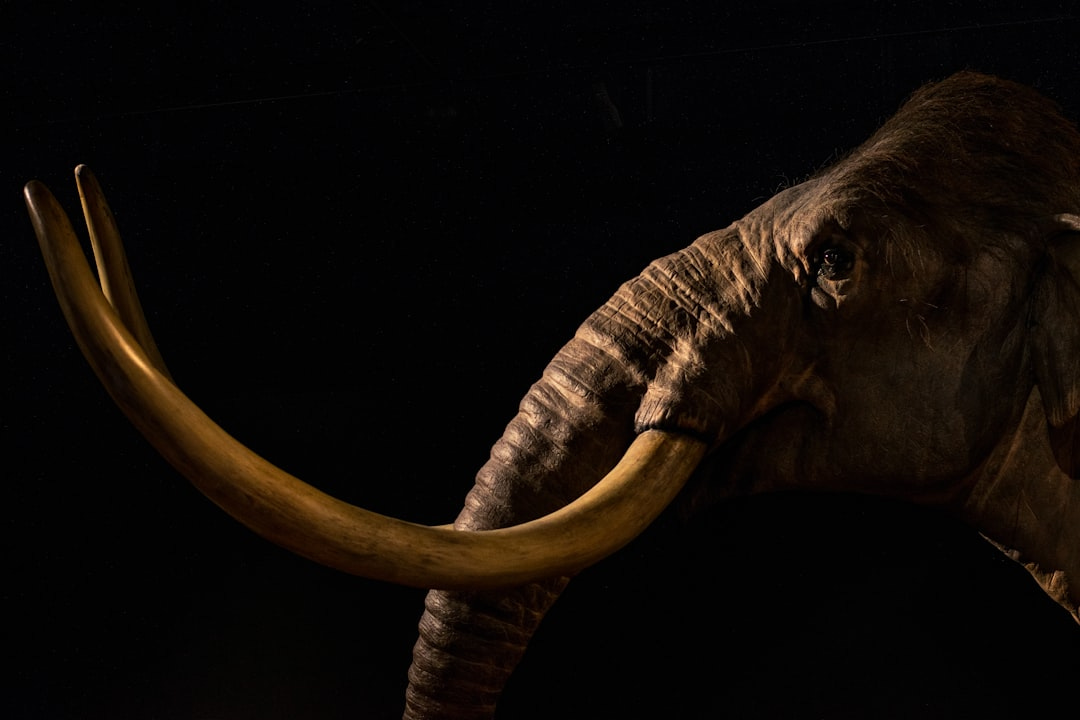Playing God or Second Chances? The Complex Ethics of De-extinction

De-extinction, also known as resurrection biology or species revivalism, is the process of generating an organism that either closely resembles or is an exact genetic copy of an extinct species. This emerging field of science aims to bring extinct species back to life through various biotechnological methods. While …



